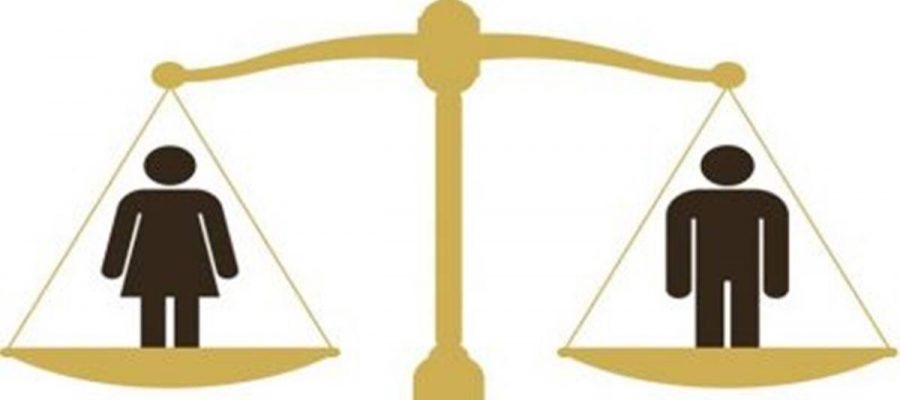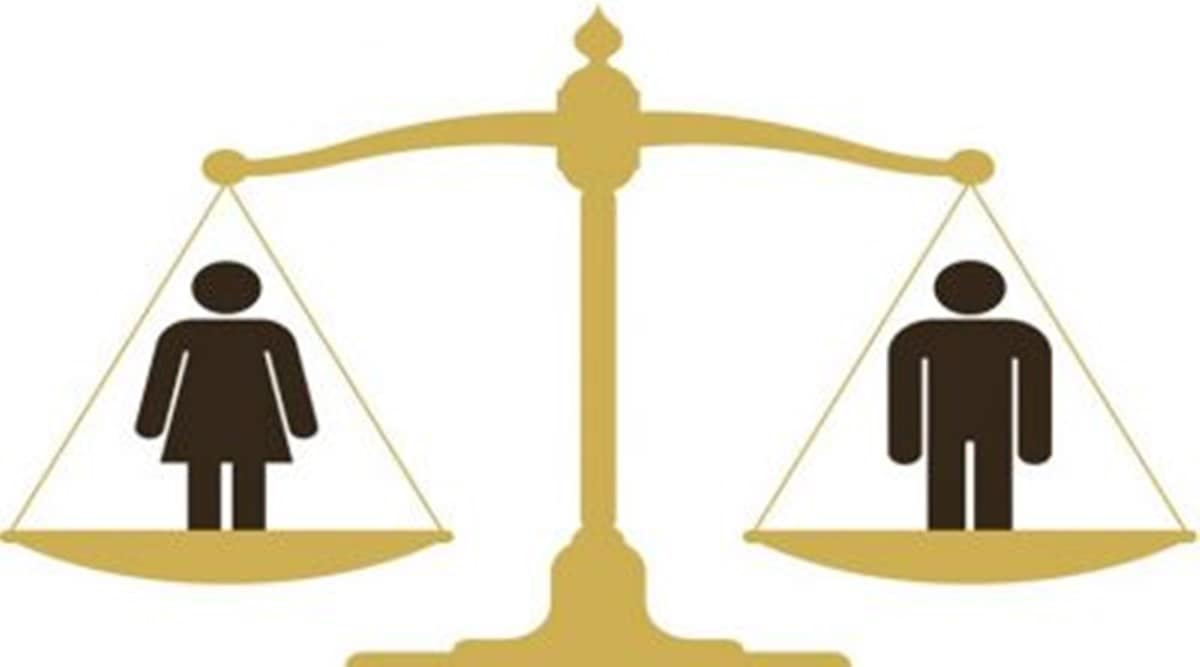It is time to reflect on women’s role in how we build back better from the pandemic.
Written by Julie-Ann Guivarra
Last week we marked International Women’s Day, the theme for which was “Women in Leadership: Achieving an equal future in a COVID-19 world.”
Over the past 12 months we have seen the strength and resilience of women in leading the fight against the pandemic and its economic and social consequences.
Given the challenges of the past year, it is particularly important to acknowledge our front-line health workers, 70 per cent of whom, globally, are women.
We have seen women continuing to provide essential services in education, health, and emergency responses in challenging circumstances.
At the same time, women working in traditionally female-dominated sectors of the economy such as the hospitality and retail sectors, and those running small businesses and in the informal sectors have been deeply impacted.
Globally, recent figures from the UN Secretary General indicate that there are still very few examples of women in leadership at the highest levels of decision-making. There are currently only 10 women heads of state and 13 women heads of government. Both Australia and India have had women leaders, but 119 countries have not.
We have seen remarkable women in key decision-making positions in the health sector, in business and in policy making, navigating a course for their countries, through this pandemic.
The Indian Finance Minister Nirmala Sitharaman has led the formulation of an ambitious pro-growth budget, which will support India’s accelerating recovery, and help strengthen its healthcare and infrastructure systems – both of which are critical to women’s health and economic empowerment.
Prominent Indian businesswomen have wasted no time in bolstering India’s COVID-19 response, including Kiran Mazumdar-Shaw, Samina Hamied and many others in the pharmaceutical sector, while Suneeta Reddy mobilised her Apollo hospitals to accommodate COVID-19 patients.
Like India, Australia is continuing its journey to achieving gender equality. We have made progress. Australia achieved gender parity in the Australian Senate in 2019. And the latest results from the Australian Institute of Directors show the percentage of women on ASX 200 boards has risen to 32 percent.
This is having positive effects. Studies released in the last year by Australia’s Workplace Gender Equality Agency, in partnership with the Bankwest Curtin Economic Centre, show an increase in profitability and performance of companies with more women on their boards. There is a clear message: Gender equality will deliver benefits for all of us.
A recent study by the McKinsey Global Institute Report confirms the importance of ensuring our responses to COVID-19 are gender-responsive. According to the report, failing to take a gender-responsive approach to our economic recovery could lead to a Rs one lakh crore loss in global GDP by 2030. However, continuing to adopt gender-responsive policy will ensure that we remain on course to boost global GDP by Rs 13 lakh crore by 2030.
For more women to be in leadership positions, we must challenge the stereotypes of what makes a good leader. And in this process, there is much that governments can do.
From Australia’s perspective, supporting gender equality as a fundamental right and strengthening international norms that support gender equality must remain priorities. We have also been working with partners across the Indo-Pacific, such as India, to advance gender equality and empower women economically.
For example, for over 20 years, the Australian High Commission in New Delhi has partnered with the Asha Society on various projects designed to enhance the prospects of those living in Delhi’s poorer communities, particularly women.
In Bihar, through the Australian Centre for International Agricultural Research, we are working with women in local communities to make agriculture more productive, profitable, and sustainable, while safeguarding the environment.
And through our Business Partnerships Program, we have also supported a community of 5,600 women poultry farmers in Madhya Pradesh to expand their operations and assist them become commercially self-sufficient.
As key decision-makers within their local communities, women are playing an important role in this effort. These ongoing efforts to support and empower women will be particularly important as we continue to adjust to the COVID-19 pandemic.
As we work towards economic recovery from the COVID-19 pandemic, we must ensure that the approaches we take support women’s leadership, economic empowerment, and equality. Only then, can we be confident of securing an equal future for all.
The writer is Australia’s Ambassador for Gender Equality
Source: Read Full Article


